Barbour County Health Department Seeks to Better Serve the Public
Barbour Community Health Association’s (BCHA) Chief Medical Officer Jennifer Burner has been splitting her time between BCHA and the Barbour County Health Department.
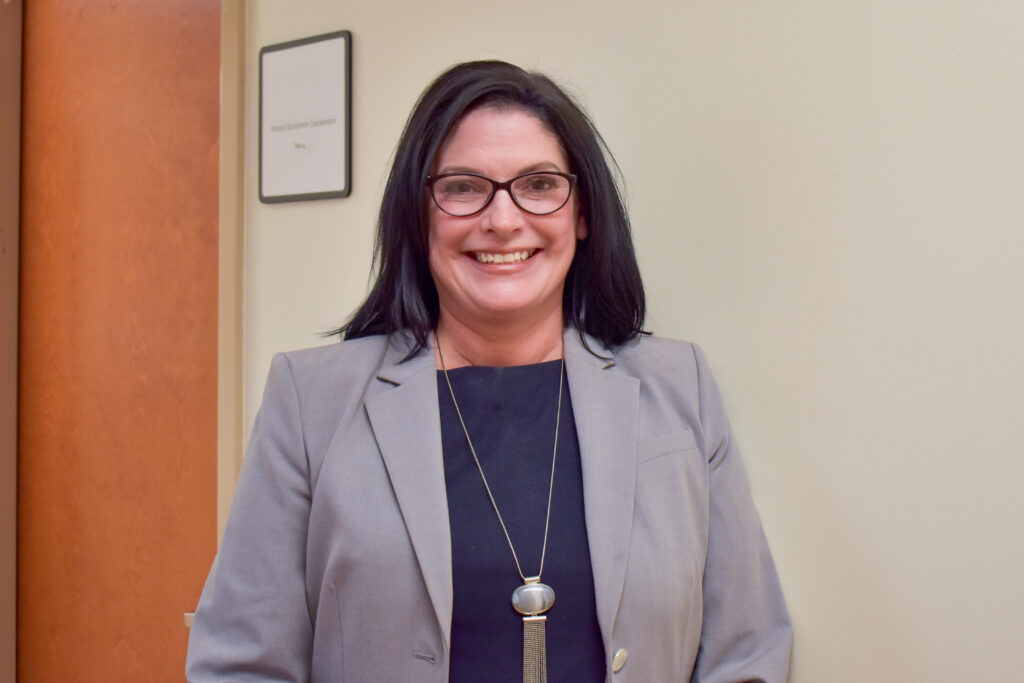
Burner started her new part-time position as Administrator for the health department in March of this year right before the COVID-19 Delta Variant Surge. She will continue to maintain her job title as Chief Medical Officer and Director of Quality of Risk and Compliance at BCHA.
We chatted with Jennifer on how she’s been handling her new position and what goals she has set for the health department and the community.
What are your responsibilities at BCHA?
My duties include making sure we’re doing peer reviews and appropriately reviewing each other and making decisions for operational management, like cleaning procedures, risk or safety issues. It’s a lot of training and making sure the staff are educated and have the resources available.
What’s been your experience in the healthcare field?
I started working as a physician’s assistant at the Belington Wellness Center in 2013 and soon started filling in with administrative duties, such as quality and risk control. I then got my masters in healthcare administration from George Washington University in 2020, and the education I’ve learned has been so useful with this position.
How did you feel when you first started your job at the health department?
It was a very challenging time to come on not only because of the operational issues but right before the surge of a pandemic. I’ve realized it’s all about balance. Some days you have to make sure your staff is doing okay. You can’t sit in your office all the time, so it’s really about trying to find a balance between having a presence with your staff but also maintaining the pressing operational issues.
At no point did I want to quit, but it was overwhelming. I had to identify the issues early on and make quick decisions and changes. I really had to hit the ground running.
What have you achieved so far in this role?
When I first started I was discouraged because I wanted to make quick progress and see that progress, but I had to slow down and take the time to specify what the issues were.
I’ve looked at where the spending is going and asked if it is reasonable. I’ve also looked at the revenue. These are all the things the department should be looking at and often. So, I’m looking at it not only how we can be financially stable but also financially sustainable.
I’ve been looking at what policies need to be reviewed and updated, too, and how grants can help support the organization.
What are some of your goals for the health department?
I want to assess the needs of our community and find the gaps in public health. What is our community missing? Where can we feel the gaps that our primary providers aren’t able to? What are the expectations of the health department from the public? Of course, I want to expand services, but I also want to start offering more wellness screenings, especially for men’s health which isn’t brought up often. Overall, I just want to find out how the health department can better serve the public and its needs.
The Impact of School-Based Behavioral Health Services at Barbour Community Health Association
The Impact of School-Based Behavioral Health Services at BCHA In the realm of education, the focus on student well-being has become increasingly integral. Barbour
Q&A: Barbour Quick Care with Carol Everson, MS, PA-C
Q&A: Barbour Quick Care with Carol Everson, MS, PA-C When you need quick medical attention at a time that is convenient for you, Barbour
It’s Time to Say ‘Thank You’
It’s Time to Say ‘Thank You’ As I am finally retiring, I want to express my appreciation to the Belington Clinic’s patients for their

 We chatted with Taylor to learn more about her healthcare experience and what she’s looking forward to the most with serving her hometown.
We chatted with Taylor to learn more about her healthcare experience and what she’s looking forward to the most with serving her hometown.
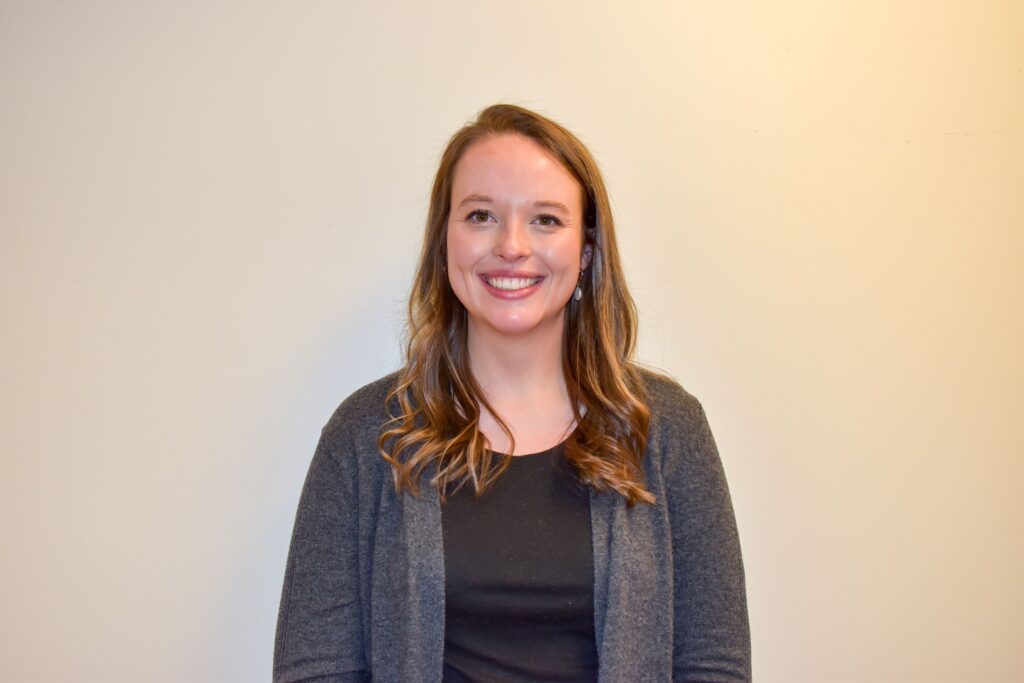
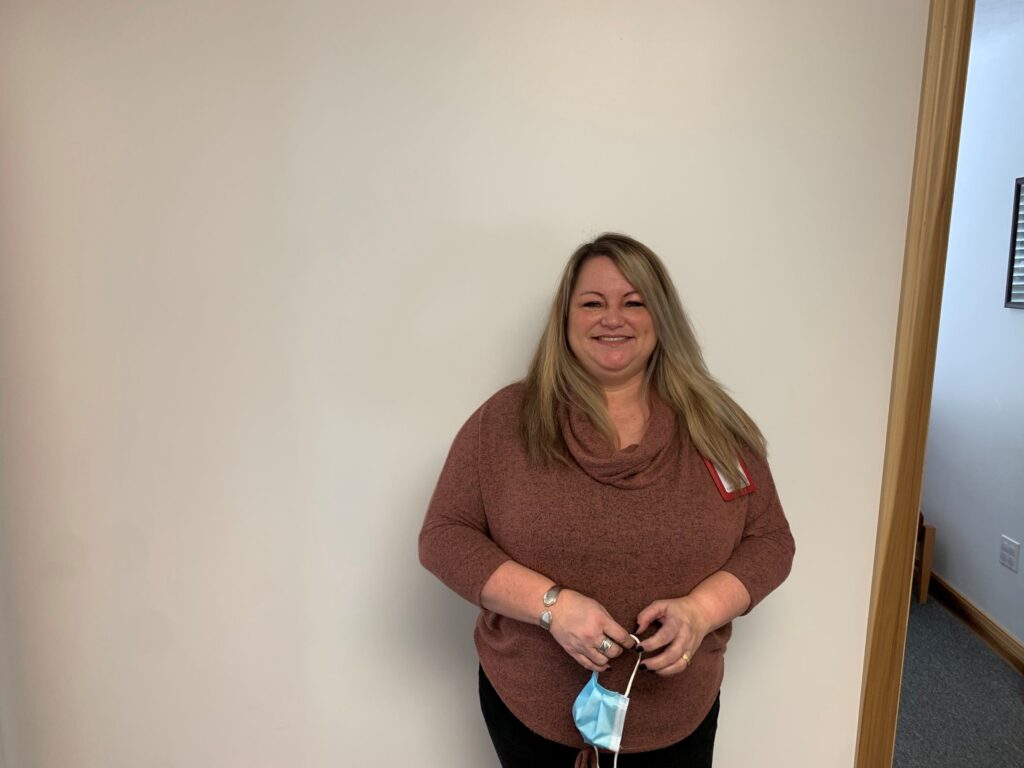
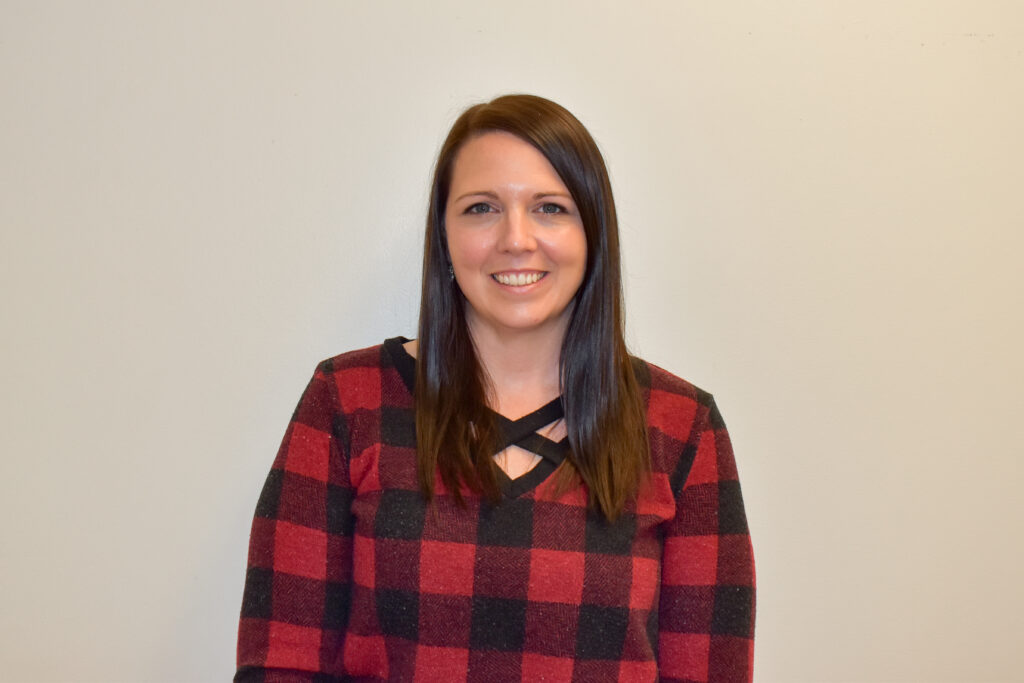
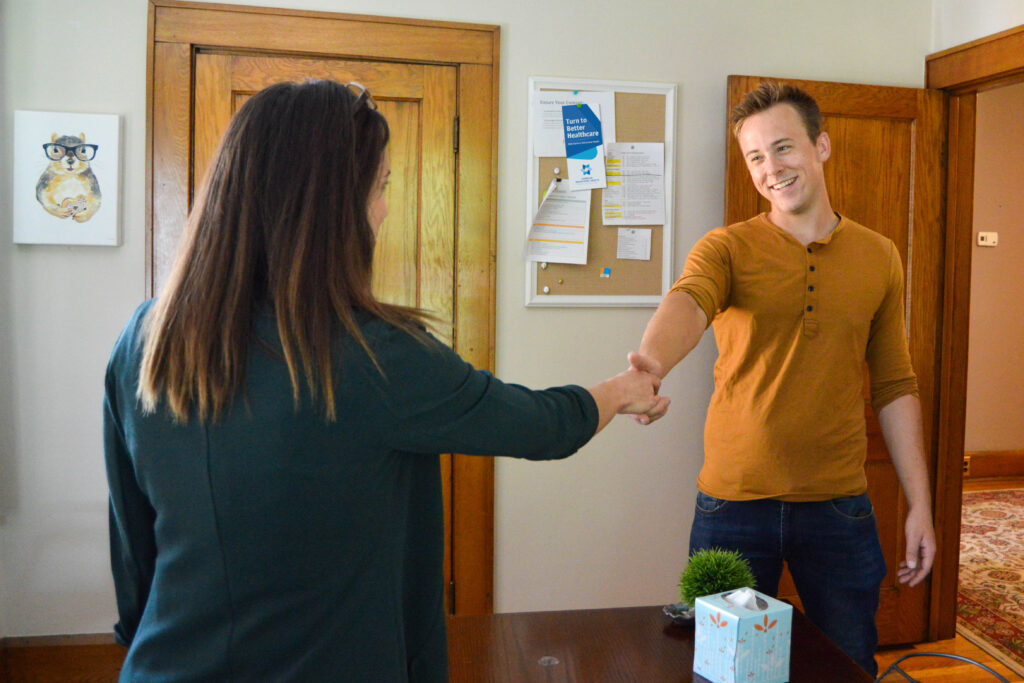

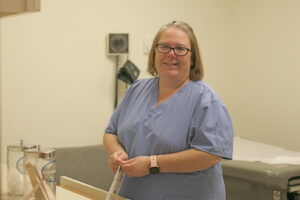
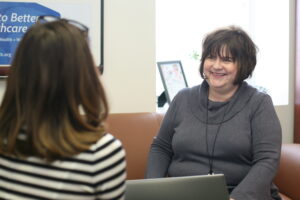 I don’t know where to start.
I don’t know where to start.